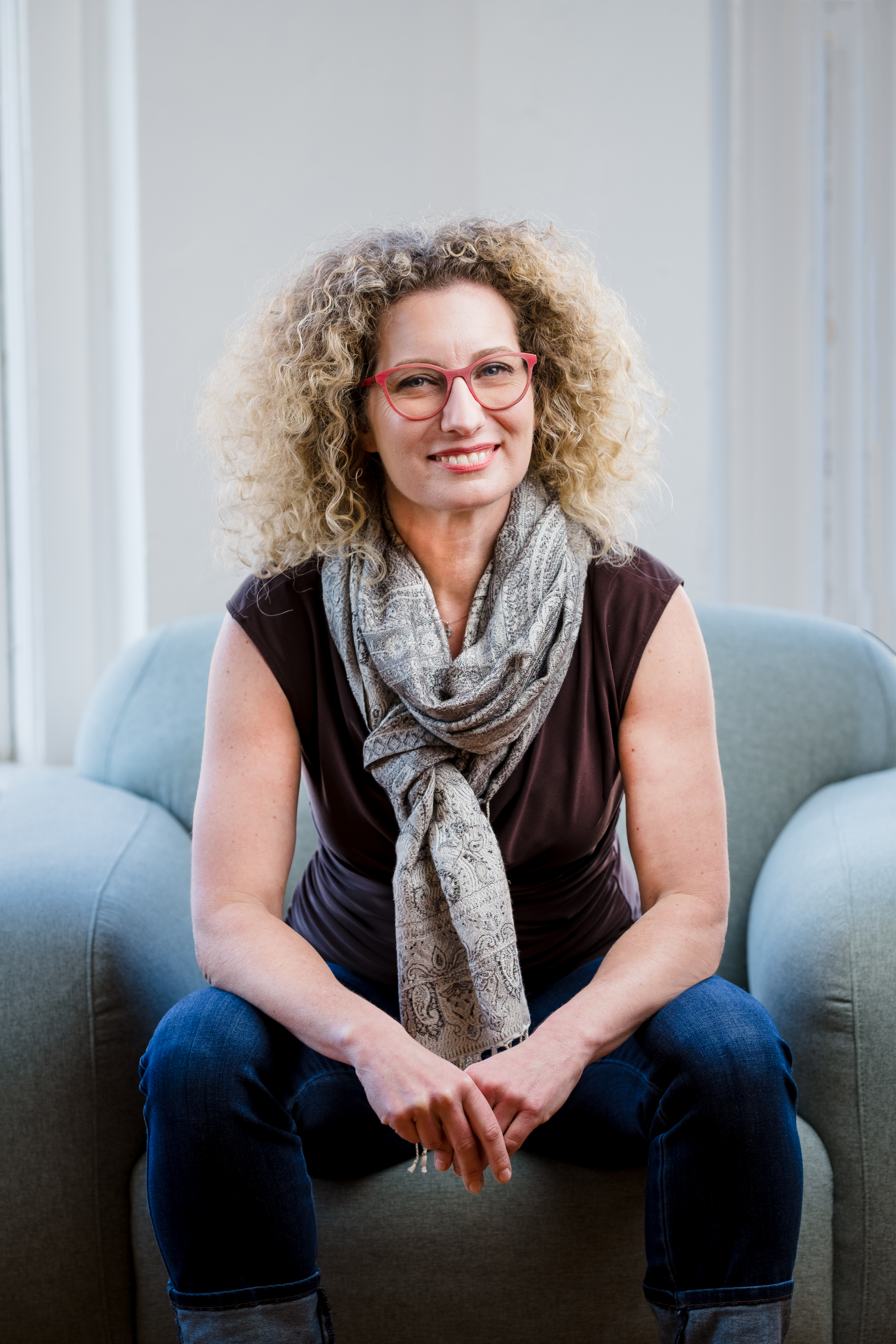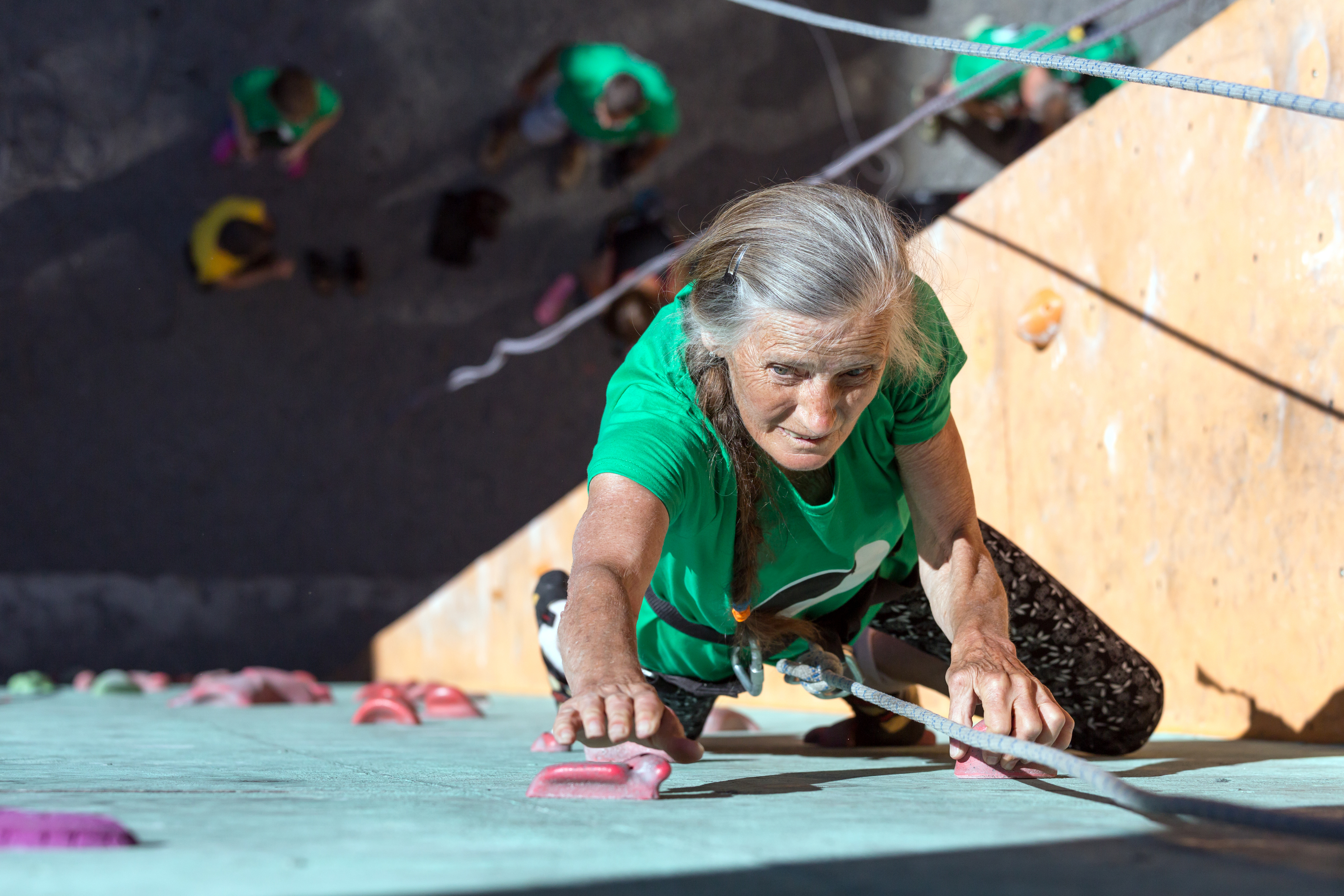Some brains of those 60 to 80 years old show expected or typical levels of aging and degradation.
And some are indistinguishable from much younger brains.
What’s the secret?
The science is dense but begins to tell a story. Discomfort makes the difference.
Doing hard things. Things that tax you physically and mentally. Things that you are bad at.
These findings tie into a crucial aspect of innovation. You have to get uncomfortable. You have to sit regularly with the field of possibilities and the vast unknown before you jump into drawing conclusions, dishing out advice, and pulling out your favorite problem-solving platitudes. You also have to hold space for others to join you there.
In other words, you have to be really comfortable with being really uncomfortable.
Pro tip:
Create a daily discourse with discomfort. Ask yourself: What made me feel bad today? Was I embarrassed? Did I make a mistake? Was I bored? Stressed? Unkind? Frustrated? Angry? Jealous? Sad? Scared? Did I overlook a critical detail? Where did I struggle? Did I run up against someone else’s resistance? Was I trying something new? Physically, is my body tense or hurting in any way?
Now don’t ignore it, shake it off, or “just make it OK” like we usually do. Go there. Sit with it. Unflinchingly stand in it. Take at least two breaths and feel it all the way. Get curious and honest about it, and ask yourself why. What can you learn? Consider finding someone (a loved one or a professional) who is skilled at holding space for this kind of exploration and share it.
Oh, and check your blindspots. Usually we challenge ourselves… in comfortable ways. A runner might seek to run longer or faster, which is a challenge, but may shun an opportunity to learn to dance, which is a whole different kind of challenge. A PhD may publish cutting edge research and then have a hard time sitting down to talk with her husband or a coworker about a personal disagreement. A busy person fills his day with meaningful activity but may feel very jumpy about sitting quietly without something to do. We all have our blindspots. When we find them they tend to reveal our biggest insights.
It’s all OK, and it’s all worth noticing. It’s just about exercising something in a new way.
Bottom line:
If you aren’t a little uncomfortable, you probably aren’t innovating.
And you might not be a Superager, either.
***
To dig further into the research, check out more links and learning in the original blog post. If you want to build your skills and resilience and learn how an innovation mindset can help, let’s talk.


